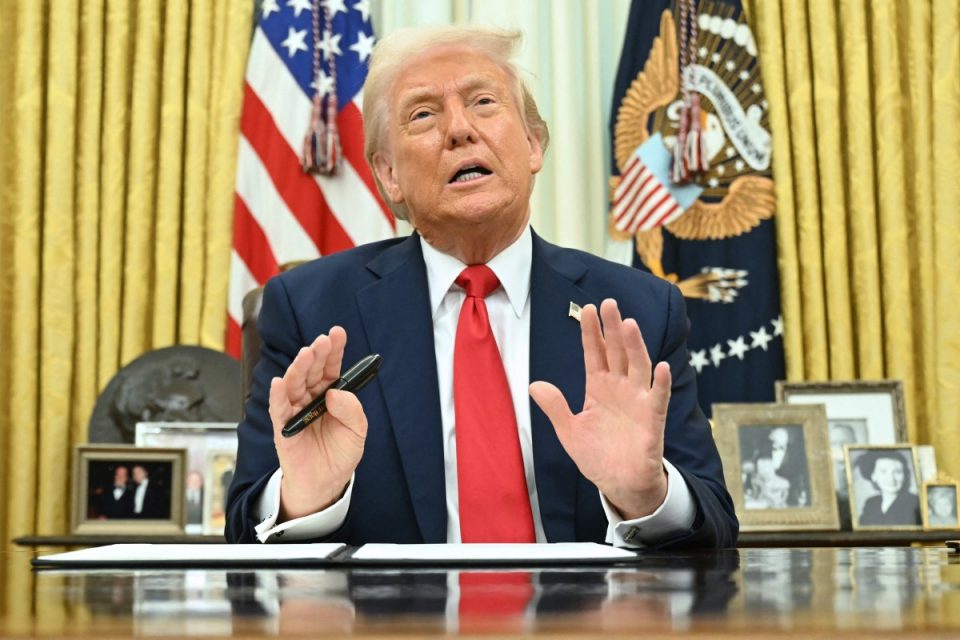Nigerian exporters are watching closely as new tariff moves by the United States spark fresh uncertainty in the global trade space. While some believe the ripple effect may hurt the country’s non-oil exports, others think it could open doors to new trade opportunities.
The mixed reaction follows the US decision to pause a new set of reciprocal tariffs—including a 14 per cent duty on Nigerian goods—for 90 days. The move, announced by former US President Donald Trump, has now raised questions about what happens next.
Secretary of the Manufacturers Association of Nigeria Export Promotion Group (MANEG), Dr. Benedict Obhiosa, warned in a virtual interview that whenever the US increases tariffs, it often leads to global reactions from other countries. He said this could affect Nigeria’s exports badly, especially in Europe and Asia.
“Higher tariffs by big economies are always a red flag,” Obhiosa said. “If European and Asian markets follow suit, our non-oil export volumes will drop sharply unless urgent steps are taken.”
Though Nigeria’s direct trade with the US is limited, exporters are still concerned about indirect consequences. Obhiosa explained that since the US has a lot of global influence, other countries may adjust their own tariffs, which could affect Nigerian goods.
He added that exporters are already looking at ways to adjust. “One option is to look for new markets outside the US,” he said. “But with our high production costs, poor infrastructure, and forex issues, we may still struggle to compete.”
Obhiosa also advised the Federal Government to open talks with the US and find a diplomatic solution. He noted that the US Trade Representative’s Office had recently accused Nigeria of blocking some food and drug imports from America. He urged the government to act fast before crude oil exports and non-oil sectors begin to suffer.
“Our government must sit with the US and sort this out,” he said. “If not, exporters will suffer.”
But not everyone agrees that the tariff situation is a threat. President of the Lagos Chamber of Commerce and Industry (LCCI), Mr. Gabriel Idahosa, said the development could be a good thing for Nigeria.
“Our trade with America is not that big, so the new tariffs won’t hit us hard,” he said. “In fact, it may be a chance for us to find better trade partners.”
Idahosa pointed to growing interest from countries like Sweden, Switzerland, and Poland, who are now looking to do more business in Nigeria. He said this shift could help Nigerian exporters find new markets.
“Many countries are now turning to Africa,” he added. “We can use this opportunity to boost exports to Canada, Japan, India, and Australia.”
Idahosa also praised the Nigerian government’s calm approach. He said they are using international channels like the World Trade Organisation (WTO) to challenge the US move without rushing into a trade fight.
“The government is playing smart,” he said. “They’re not reacting emotionally. No retaliatory tariffs for now. They’re waiting and watching.”
As the world braces for a possible trade war, exporters and stakeholders are hoping that Nigeria can use this period to explore new markets and strengthen its trade ties beyond the US.
